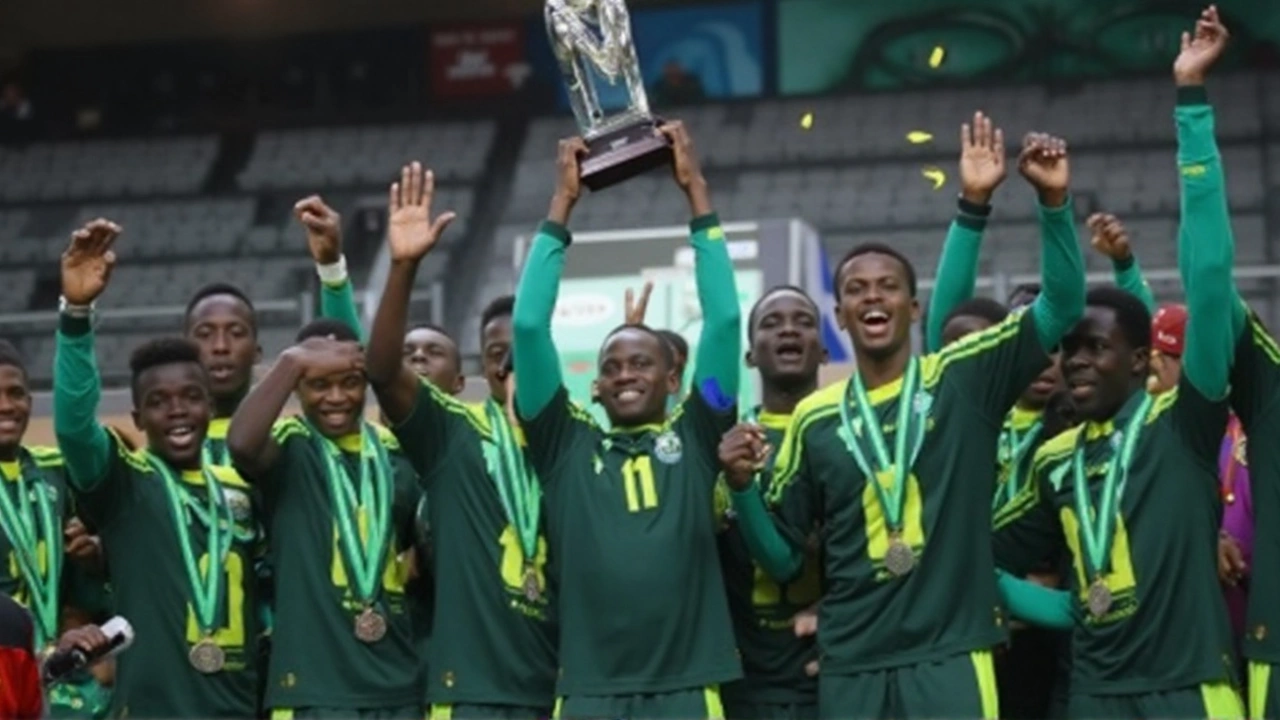Nigeria Absence in Formula 1 – What’s Keeping Nigerians Off the Grid?
When you think of F1, you picture Europeans, a few Americans, and maybe a handful of Asian racers. Nigeria, despite its huge love for motorsport, isn’t represented. That silence raises questions: why haven’t we seen a Nigerian driver in a modern F1 car? Is it a lack of talent, resources, or something else?
Infrastructure Gaps and Funding Challenges
Motorsport needs tracks, karting schools, and a pipeline of sponsors. In Nigeria, top‑level circuits are few, and most existing tracks need upgrades to meet international safety standards. Young drivers often start in karts, but affordable karting clubs are scattered and under‑funded. Without solid grassroots programs, promising talent slips through the cracks before they can attract attention from F1 teams.
Funding is another big hurdle. Racing is expensive – a season in junior formulas can cost hundreds of thousands of pounds. Nigerian families and companies rarely have the same cash flow for motorsport as their European counterparts. This makes it hard for drivers to move from local karting to European junior series, where F1 scouts focus their search.
Talent Development and International Exposure
Even when a driver manages to break into European karting, they need mentorship and a clear career path. Programs like the Ferrari Driver Academy or Red Bull Junior Team are selective and often look for drivers from regions with a proven track record. Nigeria’s absence from those pipelines means fewer eyes on its drivers.
However, there are signs of change. Projects such as the African Motorsport Federation are pushing for better training facilities and scholarships. Some Nigerian racers have started to appear in regional series like the African Formula 3 Championship, gaining valuable race experience. Social media also helps – a driver who posts fast laps and strong results can attract global sponsors without stepping onto a traditional platform.
What can fans and the industry do? Support local karting events, push for government incentives, and celebrate any Nigerian driver who makes it to the next level. Visibility breeds opportunity, and every podium finish by an African driver brings the Dream of a Nigerian F1 seat closer to reality.
In short, the Nigeria absence in Formula 1 isn’t about lack of passion. It’s about infrastructure, money, and exposure. With the right investments and a few breakout stars, the next decade could see Nigeria finally joining the F1 grid. Keep an eye on upcoming talent – the next Lewis Hamilton might just be a Nigerian kid mastering the karting track today.

Nigeria Missing from CAF U-17 AFCON as Morocco Hosts Africa’s Brightest Young Talents
Nigeria's Golden Eaglets failed to qualify for the expanded 2025 CAF U-17 Africa Cup of Nations in Morocco, sparking debate over the country's youth football progress. The tournament sees 16 African teams battling for 10 U-17 World Cup slots, with hosts Morocco making a strong start against Uganda.
View more